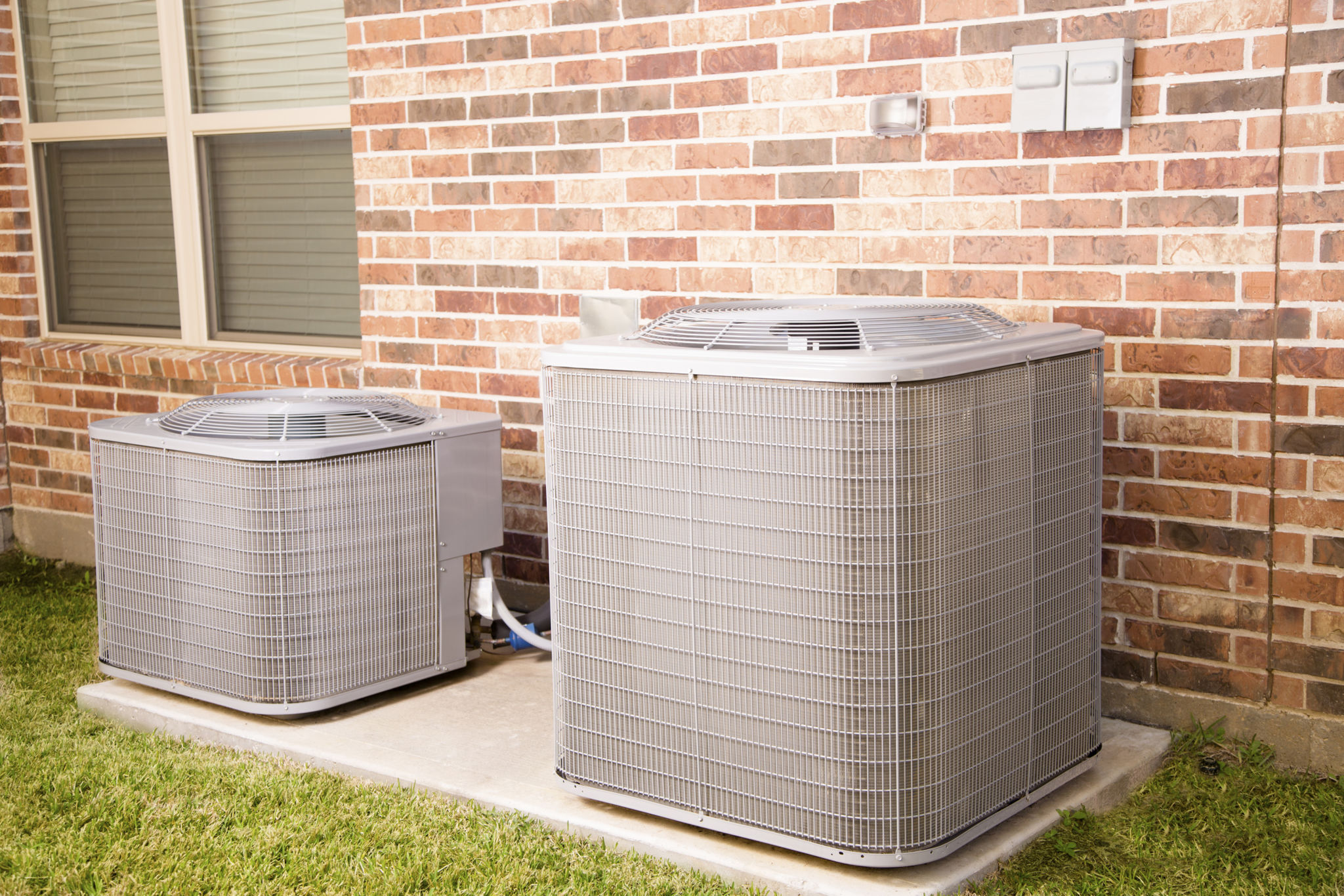Comprehensive Guide to Choosing the Right Industrial Compressor for Your Business
Choosing the right industrial compressor for your business can significantly impact efficiency, productivity, and cost-effectiveness. With numerous options available, making an informed decision is crucial. This guide will walk you through the essential factors to consider when selecting an industrial compressor, ensuring you find the best fit for your business needs.
Understanding Your Needs
The first step in choosing an industrial compressor is understanding your specific needs. Consider the applications the compressor will serve. Will it be used for powering pneumatic tools, inflating tires, or operating machinery? The intended use will determine the type and size of the compressor required.
Additionally, assess the demand for compressed air in your operations. Calculate the total air consumption and required pressure levels. This understanding will help narrow down options and ensure the compressor can handle peak demands without overworking.

Types of Industrial Compressors
There are several types of industrial compressors, each suited for different applications. The most common types include:
- Reciprocating Compressors: These are ideal for small to medium-scale operations and are known for their high-pressure capabilities.
- Screw Compressors: Known for their efficiency and reliability, these are suitable for continuous use in larger applications.
- Centrifugal Compressors: Typically used in large-scale operations due to their ability to handle significant volumes of air at low pressure.
Selecting the right type is crucial as it affects performance, energy efficiency, and operational costs.
Energy Efficiency
Energy consumption is a significant factor in operating costs. Opting for an energy-efficient compressor can lead to substantial savings. Look for models with energy-saving features such as variable speed drives (VSD) that adjust motor speed to match air demand, reducing energy waste.

Additionally, consider the compressor's duty cycle, which indicates how long it can run before needing a rest. A higher duty cycle means better performance and efficiency, especially in demanding environments.
Maintenance and Reliability
Regular maintenance is essential to keep your compressor running smoothly. Choose a model that is easy to maintain, with readily available parts and a reliable service network. This ensures minimal downtime and prolongs the equipment's lifespan.
Reliability is another critical factor. Select compressors from reputable manufacturers known for producing durable and long-lasting equipment. Investing in a quality product reduces the risk of unexpected breakdowns and costly repairs.

Initial Costs vs. Long-term Savings
While initial purchase costs are a consideration, it's vital to look at the total cost of ownership. This includes energy consumption, maintenance expenses, and potential downtime costs. Sometimes, a more expensive compressor can offer better long-term savings due to higher efficiency and lower maintenance needs.
Conduct a comprehensive cost analysis to evaluate the potential return on investment (ROI) before making a final decision.
Final Thoughts
Selecting the right industrial compressor involves careful consideration of various factors, from your operational needs to long-term cost implications. By thoroughly evaluating your options and focusing on key aspects such as energy efficiency, reliability, and maintenance, you can make an informed choice that enhances your business's productivity and efficiency.
Remember, investing time in this decision-making process can lead to significant operational benefits and cost savings in the long run.
